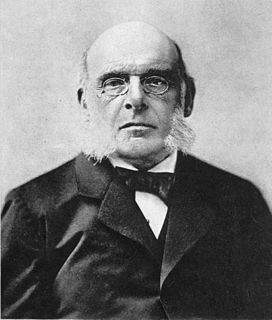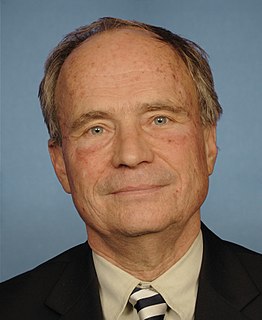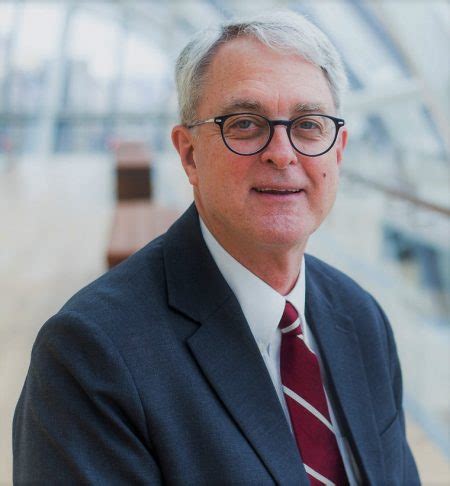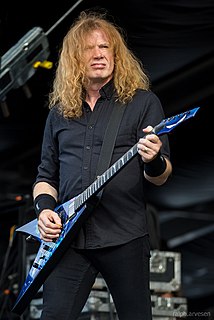A Quote by Ravi Zacharias
The church still meets people at the transition points. Marriages break down. Children commit suicide and leave helpless parents. Death and suffering are everywhere.
Related Quotes
The social and economic impact of the earthquake is still very present and is contributing to mental health problems, the mother who lost her husband, or children who lost their parents, and who now are responsible for the whole family, taking children to school and providing food. This transition is still causing stress and depression.
So you grow up with those messages, "You're a failure, you embarrass me, that's why I dress you in dark colors etc." or even when parents commit suicide, the child may think they were a failure as a child causing that. The majority of those people who weren't loved turn to drugs and alcohol and suicide.
The parents, the society, the state, the church, the educational system, they all depend on lies. As the child is born they start trapping it into lies. And the child is helpless. He cannot escape his parents, he is utterly dependent. You can exploit his dependence...and it has been exploited down the ages.
Suicide is a particularly awful way to die: the mental suffering leading up to it is usually prolonged, intense and unpalliated. There is no morphine equivalent to ease the acute pain, and death, not uncommonly, is violent and grisly. The suffering of a suicidal is private and inexpressible, leaving family members, friends and colleagues to deal with an almost unfathomable kind of loss, as well as guilt. Suicide carries in its aftermath a level of confusion and devastation that is, for the most part, beyond description.
I would say the 1980s, most importantly, there's been a witnessing of the bankruptcy of the liberal philosophy and the anti-moral and amoral philosophies that were so prevalent in the 1960s and '70s, the rebellion of young people, which brought about the drug epidemic in so many to break down the family. Particularly during this decade, the spiritual rebirth. I'm an evangelical, and I've watched the evangelical church here and around the world preaching Christ, the death, burial, resurrection of the savior, receiving more receptivity everywhere, and that growth.
It was a strange feeling going into a church I did not know for a service that I did not really believe in, but once inside I couldn't help a feeling of warmth and security. Outside there were wars and road accidents and murders, striptease clubs and battered babies and frayed tempers and unhappy marriages and people contemplating suicide and bad jokes, but once in St. Martin's there was peace. Surely people go to church not to involve themselves in the world's problems but to escape from them.



































